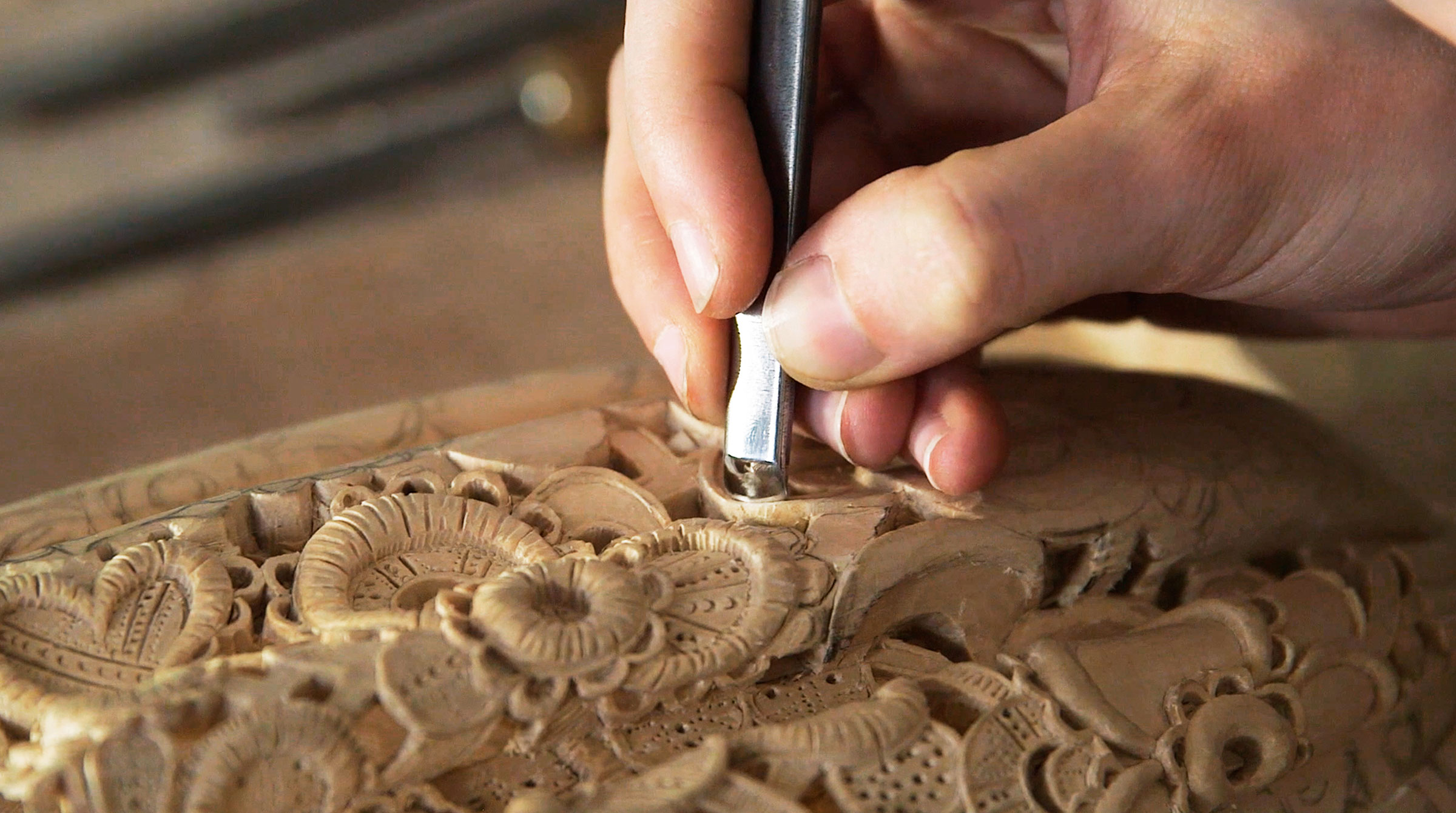Carla Carlisle on ‘local’ produce
Upon learning her Suffolk strawberry jam is made with fruit from China, Carla feels confused that local berries couldn’t be cheaper


A solemn voice on the answering machine from one of those official bodies that monitors our lives. Could I call back right away? I hesitate. I need time to conjure up various versions of the worst-case scenario. As this particular bureaucracy has to do with trading standards, I confine my doom-laden speculation to things I sell. Is something wrong on our wine label? Are the scales on the cheese stall in the farmer's market due for recalibration? Has a customer complained that the ‘No cry-babies' sign in the restaurant is a violation of human rights? Have the three identical little cockerels who hang out on the cafe terrace been reported to Environmental Health?
Open your doors to the public, and you surrender your common sense to a ganglia of mystifying regulations that make Kafka's menacing tales of invisible control seem as harmless as lullabyes. As much as I like to think my little patch of Suffolk is a hotbed of defiant Utopianism, I'm at the mercy of an army of officials who could shut us down before you could say ‘bat droppings'.
So, it's with a heavy heart that I return the call and wait to hear the worst. In fact, it has nothing to do with anything I sell. It has to do with something I buy: strawberry jam. Although we make just about everything we serve in the cafe and restaurant-all the bread, ice cream, terrines and chutneys, and most of the dishes have a little * to indicate that the main ingredient is from Suffolk or Norfolk and two **s to show that it was produced within a five-mile radius and more than likely here on the farm-we actually buy our jam from a local company whose name sounds so close to nature, you'd think it was made by John Seymour.
to Country Life and save 40%
Only there's a problem. It seems that the Suffolk strawberry jam we serve with our homemade wholemeal scones is made with frozen strawberries from China. ‘Are you aware of that?' she asks. Of course, I'm not. Lord have mercy. And, not to sound too English about this, I'm unaware and nonplussed. Strawberries are as English to me as the Chelsea Flower Show, labradors, Country Life, Radio 4 and cricket. Once you taste an English strawberry, you'll never again want a strawberry from Spain, California, Israel or Peru. The thought of strawberries grown in China, frozen, packed in plastic bags, put in refrigerated containers and shipped 5,000 miles to the docks in Felixstowe to be despatched to jam-makers in Suffolk is, frankly, just crazy.
And yet, when I'm asked by the official on the Case of the Chinese Strawberries if I will make a written statement, I disappoint her. She thinks she's found in me a wolverine whose mission in life-local, organic, humane, environmentally sound, sustainable-means she'll take on the red peril, but I don't know where to begin. A sense of the obvious says it's because they can get the fruit more cheaply, but that baffles me, too. How can the Chinese grow strawberries more cheaply than the English? If they apply growth hormones and chemicals outlawed here to their berries, why can't we impose our standards on imported fruit, butter, meat and eggs?
Exquisite houses, the beauty of Nature, and how to get the most from your life, straight to your inbox.
And in this age of forensic labelling, why are the laws so lax? Why is Polish pork sliced and packaged in Leeds allowed to be blithely called Yorkshire ham? Jam made in a Suffolk kitchen with fruit from China is deceitful, but not illegal. Our chefs are making our jam now, with luscious strawberries from Kent. It's more expensive, but a useful reminder that good food isn't cheap and that English strawberry jam-the real thing-is one of life's genuine luxuries and shouldn't be taken for granted.
Country Life is unlike any other magazine: the only glossy weekly on the newsstand and the only magazine that has been guest-edited by His Majesty The King not once, but twice. It is a celebration of modern rural life and all its diverse joys and pleasures — that was first published in Queen Victoria's Diamond Jubilee year. Our eclectic mixture of witty and informative content — from the most up-to-date property news and commentary and a coveted glimpse inside some of the UK's best houses and gardens, to gardening, the arts and interior design, written by experts in their field — still cannot be found in print or online, anywhere else.
-
 The garden created by a forgotten genius of the 1920s, rescued from 'a sorry state of neglect to a level of quality it has not known for over 50 years'
The garden created by a forgotten genius of the 1920s, rescued from 'a sorry state of neglect to a level of quality it has not known for over 50 years'George Dillistone’s original Arts-and-Crafts design at Knowle House, East Sussex, has been lovingly restored and updated with contemporary planting. George Plumptre tells more; photography by Clive Nichols.
-
 21 of the greatest craftspeople working in Britain today, as chosen by the nation's best designers and architects
21 of the greatest craftspeople working in Britain today, as chosen by the nation's best designers and architectsWe've persuaded some of the most celebrated names from our Country Life Top 100 to name the craftspeople they have in their own personal little black books.
